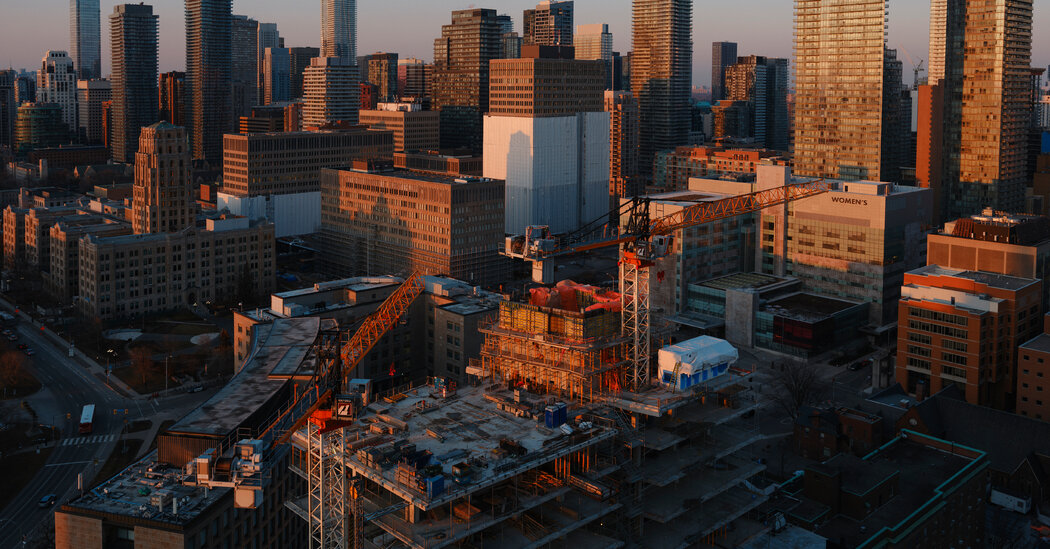“Now this is a place to make a long-term bet — to build connections with the area’s cluster of schools and create a new workforce pipeline,” said Tristan Jung, a Korean-born computer scientist who grew up in Toronto. , spent six years at Twitter’s San Francisco headquarters and recently persuaded the company to build an engineering hub back home in Canada.
In the past year, Twitter hired more than 100 technicians in Toronto, tripling the Canadian workforce. Internet household names such as DoorDash, eBay and Pinterest built similar technology hubs in the city, as did emerging artificial intelligence companies such as Cerebras, Groq and Recursion Pharmaceuticals.
In this corner of Canada are two universities known for generating top researchers and engineers: the University of Toronto, a short walk from downtown, and the University of Waterloo, Mr. Jung’s alma mater, about an hour away by car or train. In the past, much of this talent has migrated to the United States. But engineers and computer scientists trained in and around Toronto are increasingly stuck.
Or, like Mr. Jung, they move back home after years in the United States.
In Toronto, US-based companies can also accelerate the arrival of new tech talent from other countries — a talent stream that has long been the lifeblood of the US tech industry. As the US immigration system slowed and sputtered under the Trump administration, Canada introduced programs designed to bring skilled workers into a country that is already unusually diverse. According to the city, nearly 50 percent of Toronto residents were born outside the country.
“It’s infinitely easier to bring that kind of talent to Canada,” said Heather Kirkby, chief people officer at Recursion, a company that applies AI to drug discovery. “Many companies have given up on immigration into the US. There are limits to what is possible.”
In and around Toronto, local institutions want to feed the tech ecosystem. Ontario recently passed a law that explicitly prohibits companies from enforcing non-compete clauses in employment contracts, and encourages employees to set up their own start-ups. Backed by a $100 million donation from local business leaders, the University of Toronto is building a complex that will house AI and biotech companies.

